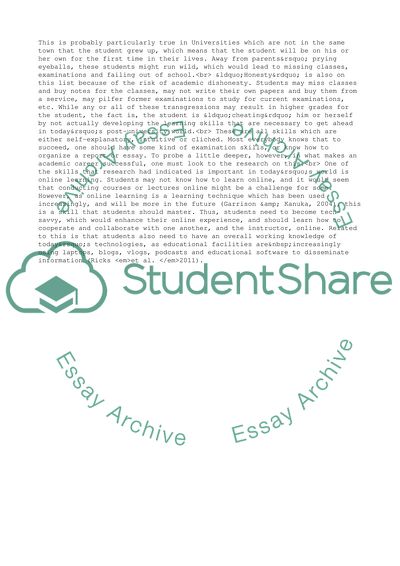Cite this document
(“Personal Development, Self-Management and Reflection Book Report/Review”, n.d.)
Personal Development, Self-Management and Reflection Book Report/Review. Retrieved from https://studentshare.org/management/1780916-personal-developmentselfmanagement-and-reflection
Personal Development, Self-Management and Reflection Book Report/Review. Retrieved from https://studentshare.org/management/1780916-personal-developmentselfmanagement-and-reflection
(Personal Development, Self-Management and Reflection Book Report/Review)
Personal Development, Self-Management and Reflection Book Report/Review. https://studentshare.org/management/1780916-personal-developmentselfmanagement-and-reflection.
Personal Development, Self-Management and Reflection Book Report/Review. https://studentshare.org/management/1780916-personal-developmentselfmanagement-and-reflection.
“Personal Development, Self-Management and Reflection Book Report/Review”, n.d. https://studentshare.org/management/1780916-personal-developmentselfmanagement-and-reflection.


